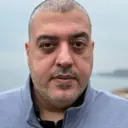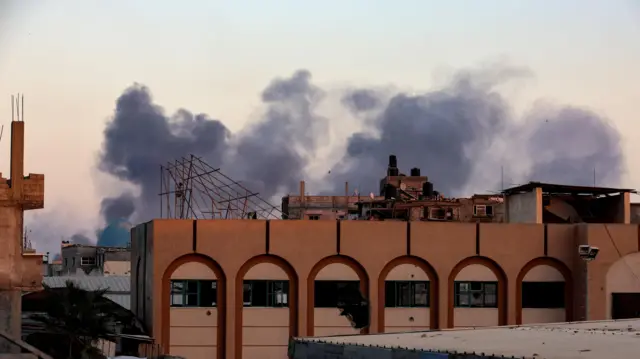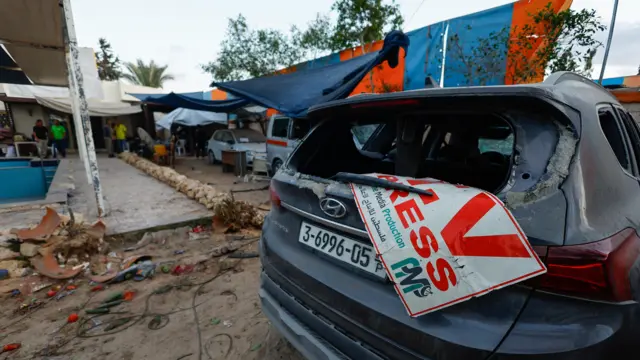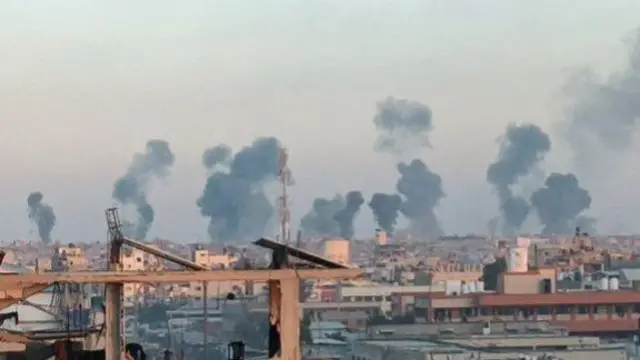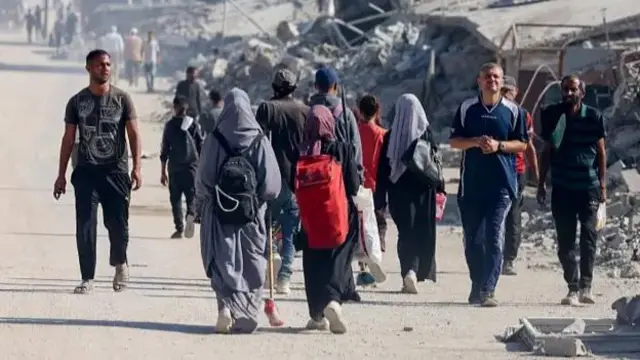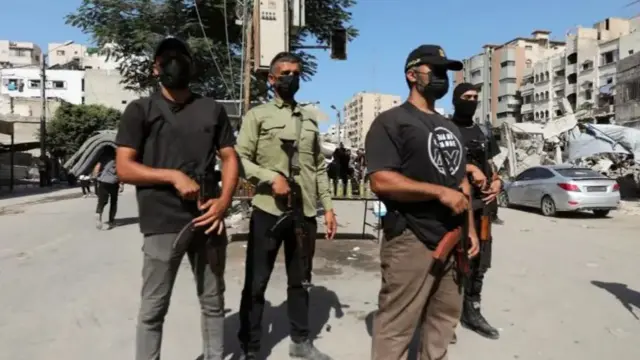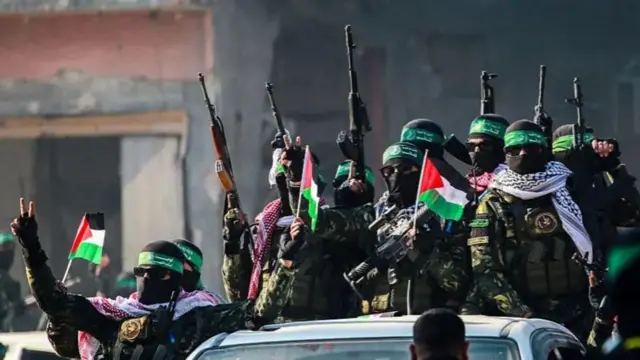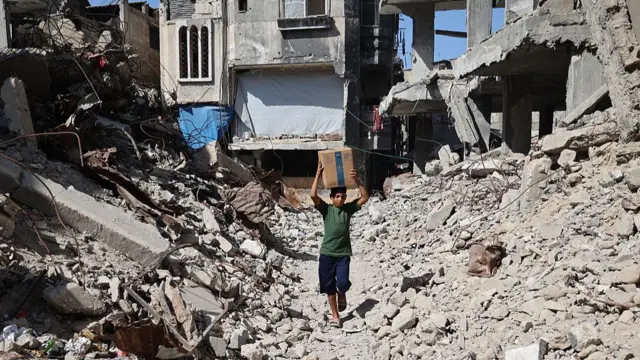Gaza death toll rises to 44 today, hospital sources saypublished at 19:49 BST 19 OctoberBreaking
The death toll across Gaza today has risen to 44, sources at hospitals in the territory have told BBC News.
More than half of the deaths were reported at al-Awda hospital in the north of Gaza.
